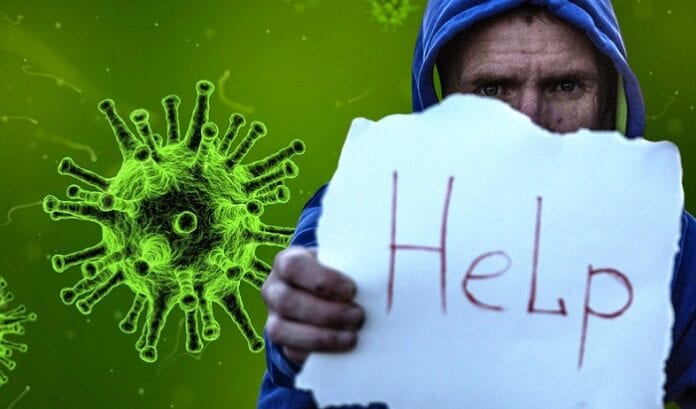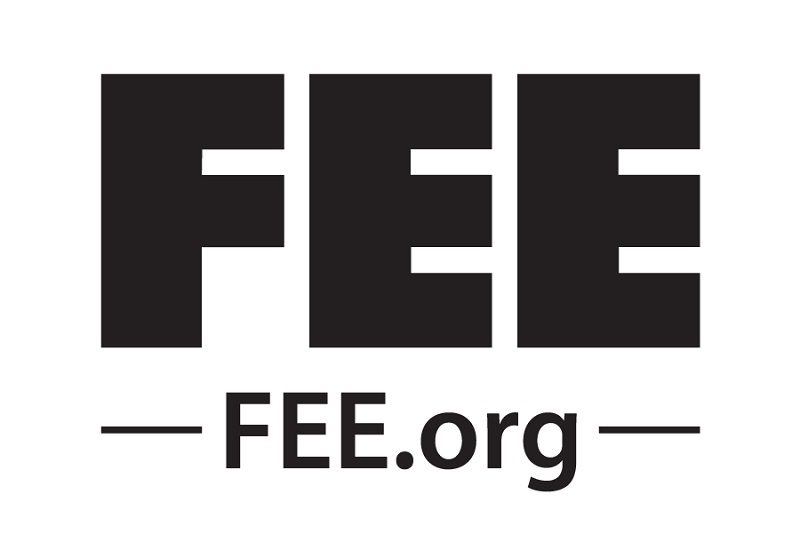When policymakers across the country decided to “lock down” in response to the March outbreak of the novel coronavirus, they took a leap into the unknown. Not only did we know little about COVID-19 itself at that time, but we knew almost nothing about how shutting down nearly all of society would affect people.
Policymakers focused on their models predicting how lockdowns could help limit the spread of COVID-19; an important factor, to be sure. So, too, many acknowledged the negative economic ramifications of lockdowns. But in the months since, we’ve seen many other dire consequences stem from the unprecedented shutdown of society.
Future public health policy should take these four life-threatening unintended consequences of COVID-19 lockdowns into account.
1) Massive Spikes in Suicide Rates and Mental Health Crises
Even the most fortunate among us felt the emotional strain from months behind closed doors. Being cut off from friends, family, and many of the other things that give life meaning has proved too much for many of those who were already struggling.
As FEE.org Managing Editor Jon Militmore has detailed, the Centers for Disease Control found that one in four young people have had suicidal thoughts during the pandemic to date. (For comparison, less than six percent of young people harbored similar thoughts in 2008-2009 according to older CDC data). And more than 40 percent of respondents said the crisis had prompted mental health or behavioral problems. Anecdotal evidence also suggests that suicidality increased during lockdown.
Given that young people without preconditions are at almost zero risk of death from COVID-19 and the well-documented deleterious effects of social isolation, it’s fair to largely attribute this disturbing trend in mental health to lockdowns.
2) Uptick in Drug Overdoses and Substance Abuse
Naturally, social isolation and despair are key triggers for substance abuse relapse. So it’s no surprise to see the emotional and mental consequences of COVID-19 lockdowns have exacerbated an already-severe drug crisis in the US.
This has played out in my backyard, the Washington, DC metro area.
“In April, the most recent month for which statistics are available, the city [of Washington DC] saw its largest monthly number of opioid overdoses in five years,” the Washington Post reports. “[This] is part of a national trend of overdose increases that health experts say has accelerated in recent months.”
Meanwhile, Maryland saw more than double the opioid overdose fatalities in the first quarter of this year compared to the previous year. And in Virginia, state officials estimate that they will “record almost 1,700 such fatalities by year’s end—the highest annual toll since at least 2007.”
This is a country-wide trend. NPR reports that overdoses nationally have spiked by about 18 percent. For comparison, in 2018, more than 67,300 Americans died from drug overdoses. An 18 percent increase undoubtedly means thousands of additional tragic overdose deaths.
3) Economic Devastation Leads to Hunger
The US Census Bureau recently surveyed Americans on how the COVID-19 crisis has affected their ability to feed their families, and the results are chilling.
“The number of Americans who say they can’t afford enough food for themselves or their children is growing,” the Wall Street Journal reports. “As of late last month, about 12.1% of adults lived in households that didn’t have enough to eat at some point in the previous week, up from 9.8% in early May, Census figures show. And almost 20% of Americans with kids at home couldn’t afford to give their children enough food, up from almost 17% in early June.”
Meanwhile, food banks report unprecedented, surging levels of demand for their charitable services.
Closing down businesses and schools might have limited the spread of COVID-19. But it’s also clear the economic consequences of the lockdowns caused mass malnutrition and even pushed many American families to the brink of starvation. (Globally, the COVID-19 lockdowns could push up to 100 million people into extreme poverty.)
4) Surge in Domestic Violence Under COVID-19 Lockdowns
Tragically, trapping people at home and cutting them off from outside support is a recipe for domestic violence. This has played out on a global level, with reports of skyrocketing domestic violence amid tension and home confinement in India, Mexico City, the United Kingdom, and other nations around the world.
There’s reason to believe the US has experienced a similar trend. One study published in the journal Radiology found greatly increased levels of injuries consistent with domestic violence wounds at a Massachusetts hospital during the state’s stay-at-home emergency order.
“This data confirms what we suspected,” the study’s co-author told US News and World Report. “Being confined to home for a period of time would increase the possibility for violence between intimate partners.”
A separate study analyzing data from police precincts in several major US cities also showed increases in domestic violence during the lockdown period, with the increases ranging from 10 percent to 27 percent.
Unintended Consequences Necessitate Humble Policymaking
These dire unintended consequences of COVID-19 lockdowns are tragic, but frankly, they aren’t so shocking. We have long known that sweeping government interventions have ripple effects that extend far beyond their intended goals.
Why? Because of what economic philosopher Friedrich Hayek called the “knowledge problem.”
“If we can agree that the economic problem of society is mainly one of rapid adaptation to changes in the particular circumstances of time and place,” Hayek wrote. “It would seem to follow that the ultimate decisions must be left to the people who are familiar with these circumstances, who know directly of the relevant changes and of the resources immediately available to meet them.”
Simply, the knowledge problem means that central planning efforts are doomed to fail. Only those closest to a problem know the ins and outs of it.
For example, can you imagine planning a birthday party for a person you’ve never met? You don’t know what kind of cake they like. You don’t know if they prefer pepperoni pizza or Hawaiian pizza. You don’t even know who to invite. Now, what are the odds you can plan a party that won’t go horribly?
This is the Herculean task that awaits government officials who try to dictate the every behavior of millions of individuals.
So, when it comes to sweeping, nation-wide pandemic lockdowns, central planners will never be able to adequately assess all the deadly unintended consequences that correspond with their drastic actions. This doesn’t mean the government should do nothing at all in the public health arena, but that elected officials ought to be far more humble in the extent of their actions. The deadly unintended consequences of sweeping COVID-19 lockdowns remind us why.
Brad Polumbo
Brad Polumbo (@Brad_Polumbo) is a libertarian-conservative journalist and Opinion Editor at the Foundation for Economic Education.
This article was originally published on FEE.org. Read the original article.
FEE’s mission is to inspire, educate, and connect future leaders with the economic, ethical, and legal principles of a free society. These principles include: individual liberty, free-market economics, entrepreneurship, private property, high moral character, and limited government.




















